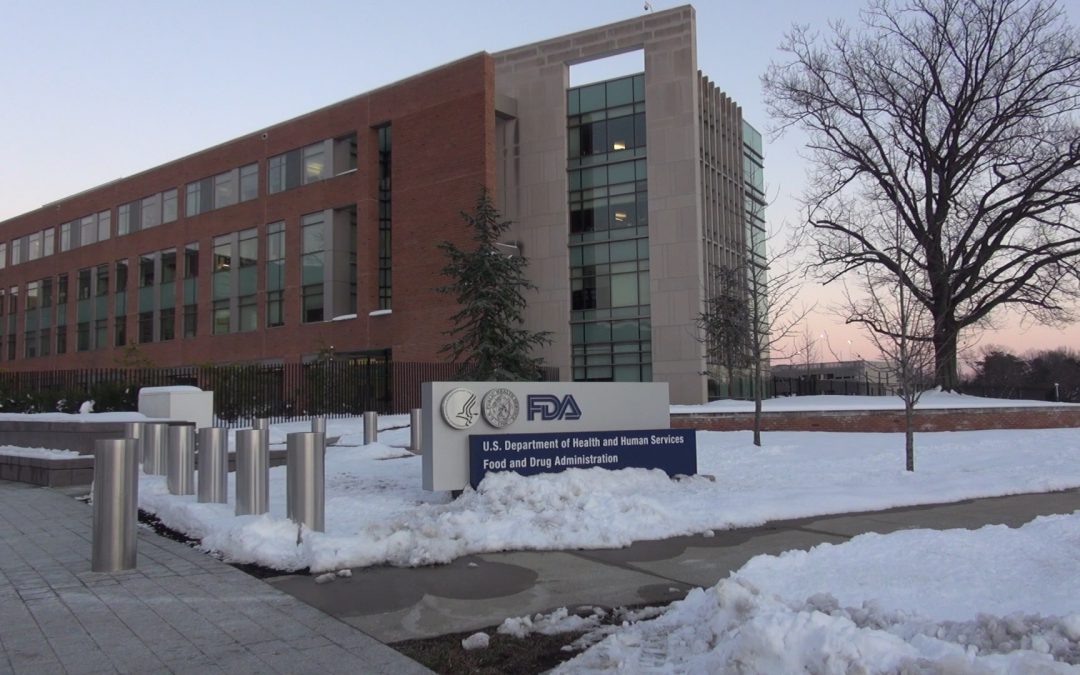Jan. 18 (UPI) — WASHINGTON — The longest federal government shutdown in U.S. history continues to disrupt the Food and Drug Administration‘s oversight of potentially life-saving drugs such as allergy medication.
FDA Commissioner Scott Gottlieb tweeted Friday the agency will have to furlough more workers to stockpile money for the review of new medications.
“As review workload declines, because we’re not receiving new applications, we’ll have to furlough more people who are in user-fee slots,” Gottlieb wrote.
There are new medications in the pipeline that could save people’s lives, such as generic epinephrine auto-injectors.
Advocacy groups like Asthma and Allergy Foundation of America, or the AAFA, are looking out for patients as the shutdown affects the availability of new allergy medicines.
Kenneth Mendez, president and CEO of the AAFA, said the shutdown hinders the FDA’s oversight of the shortage of epinephrine auto-injectors.
“I don’t know how the shutdown of government might affect the release of some of those generic auto injectors because that seems to be slowing down as well within the FDA,” Mendez said.
If the shutdown continues past Feb. 8, the FDA will run out of user fees and cannot collect new fees from drug companies during the shutdown.
“As an innovative industry, our companies depend on certainty and predictability to bring tomorrow’s treatments and cures to patients,” Powaleny said. “We support FDA using its existing authority to deploy user fee funds to continue to review applications.”
The issue first became widely public when Aimmune, a biotechnology company, filed a Securities and Exchange Commission report this week saying the shutdown caused the FDA to not review its new peanut allergy medication.
Without naming them directly, Gottlieb disputed Aimmune’s claim in a tweet the day following the filing.
“As challenges grow, I fear we’ll see more parties inadvertently or deliberately blame the shutdown,” Gottlieb wrote.
The partial government shutdown began Dec. 22 over a dispute between President Donald Trump and Congress over funding the president’s long-promised wall along the U.S.-Mexico border.


